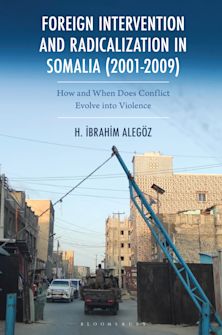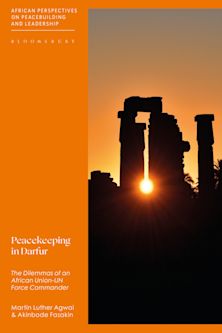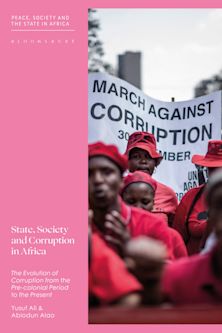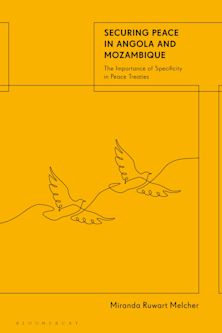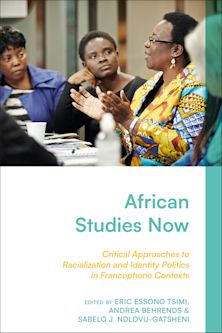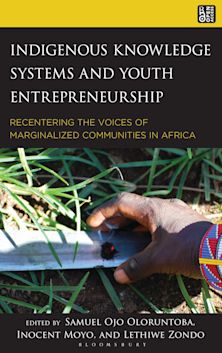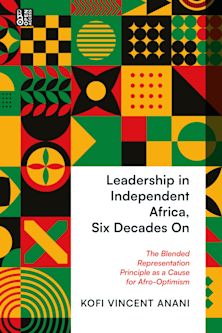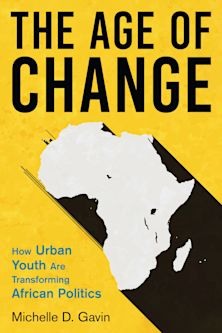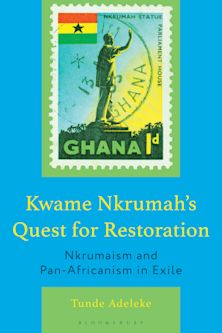The Strategy to End the Genocide against the Tutsi in Rwanda
Understanding the War in Kigali
The Strategy to End the Genocide against the Tutsi in Rwanda
Understanding the War in Kigali
This product is usually dispatched within 1 week
- Delivery and returns info
-
Free US delivery on orders $35 or over
Description
The Genocide against the Tutsi witnessed the deaths of close to a million Tutsis and non-extremist Hutus within a one-hundred-day period. While the genocide is extensively researched, the war that led to its conclusion is relatively unexplored. The Strategy to End the Genocide against the Tutsi in Rwanda: Understanding the War in Kigali by Jonathan R. Beloff addresses how the Rwandan Civil War impacted the rate of killings and how the Rwandan Patriotic Army (RPA)—the military wing of the Rwandan Patriotic Front (RPF)—liberated Rwanda’s capital city, Kigali. Through archival research, the testimonies and experiences of genocide survivors, and the testimonies of military personnel, this book also provides unique insight into Rwandan history and a chronological examination of the war. Utilizing strategic theory as a theoretical framework for warfare, Beloff examines the various tactics and operations used by the RPA to provide critical insights into decision-making during the war and genocide.
Table of Contents
Introduction
Chapter One: Contextualising the War in Rwandan History
Chapter Two: The Liberation War: Sowing the Seeds for the Campaign against Genocide War
Chapter Three: The RPA and FAR’s Public Policy, Strategy, Operations and Tactics during the Campaign against Genocide War
Chapter Four: The Rain Fell, Death Descended, but Support is Coming
Chapter Five: April 1994: The Genocide’s First Month
Chapter Six: May 1994: The Genocide and War Rage On
Chapter Seven: June 1994: The War in Kigali is Turning
Chapter Eight: July 1994: The War in Kigali Ends
Conclusion: Remembering the Campaign Against Genocide War
Appendix One: Named Military Informants
Appendix Two: Unnamed Military Officials
Appendix Three: Named Civilian Informants
Appendix Four: Unnamed Rwandans
Appendix Five: United Nations Assistance Mission in Rwanda ‘Sitrep’ Reports
Appendix Six: Maps of Kigali
Bibliography
About the Author
Product details
| Published | Jan 29 2025 |
|---|---|
| Format | Hardback |
| Edition | 1st |
| Extent | 292 |
| ISBN | 9781666953879 |
| Imprint | Lexington Books |
| Illustrations | 8 BW Illustrations, 4 BW Photos |
| Dimensions | 9 x 6 inches |
| Publisher | Bloomsbury Publishing |
Reviews

ONLINE RESOURCES
Bloomsbury Collections
This book is available on Bloomsbury Collections where your library has access.












